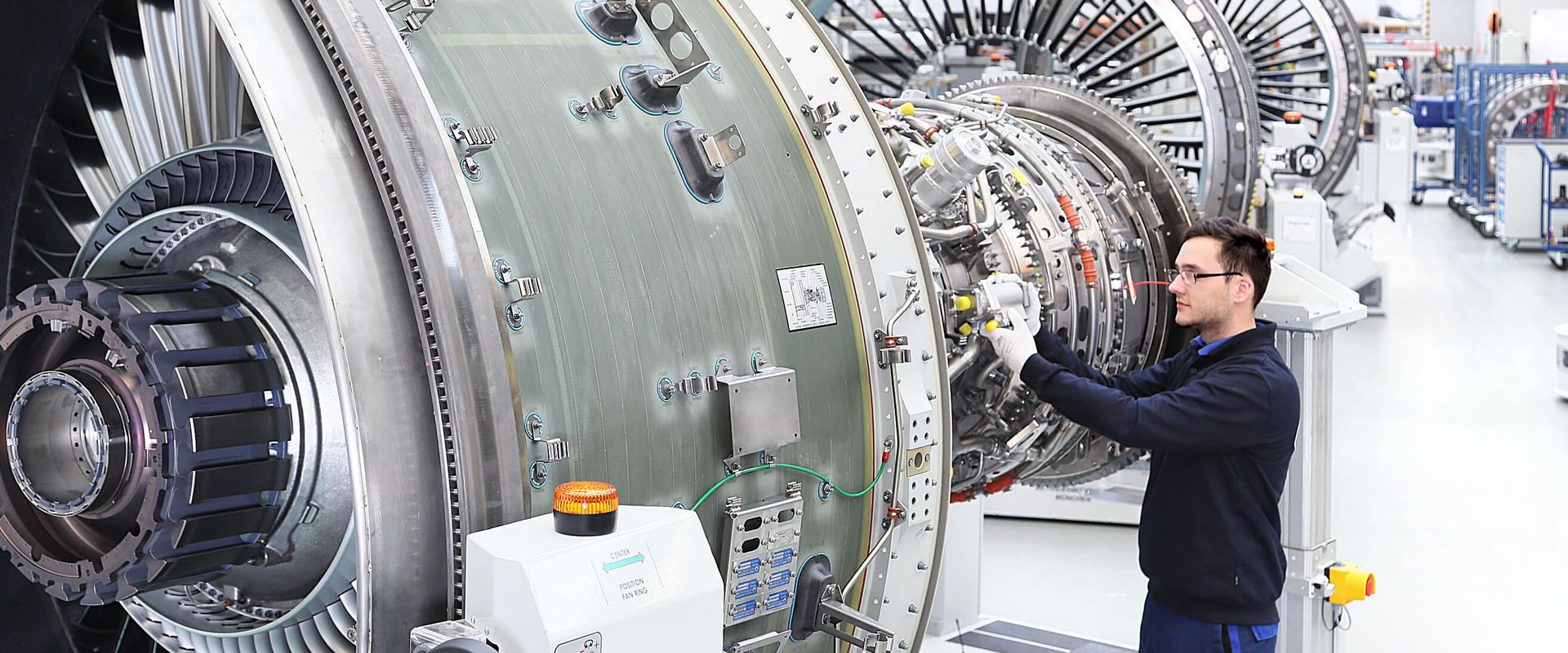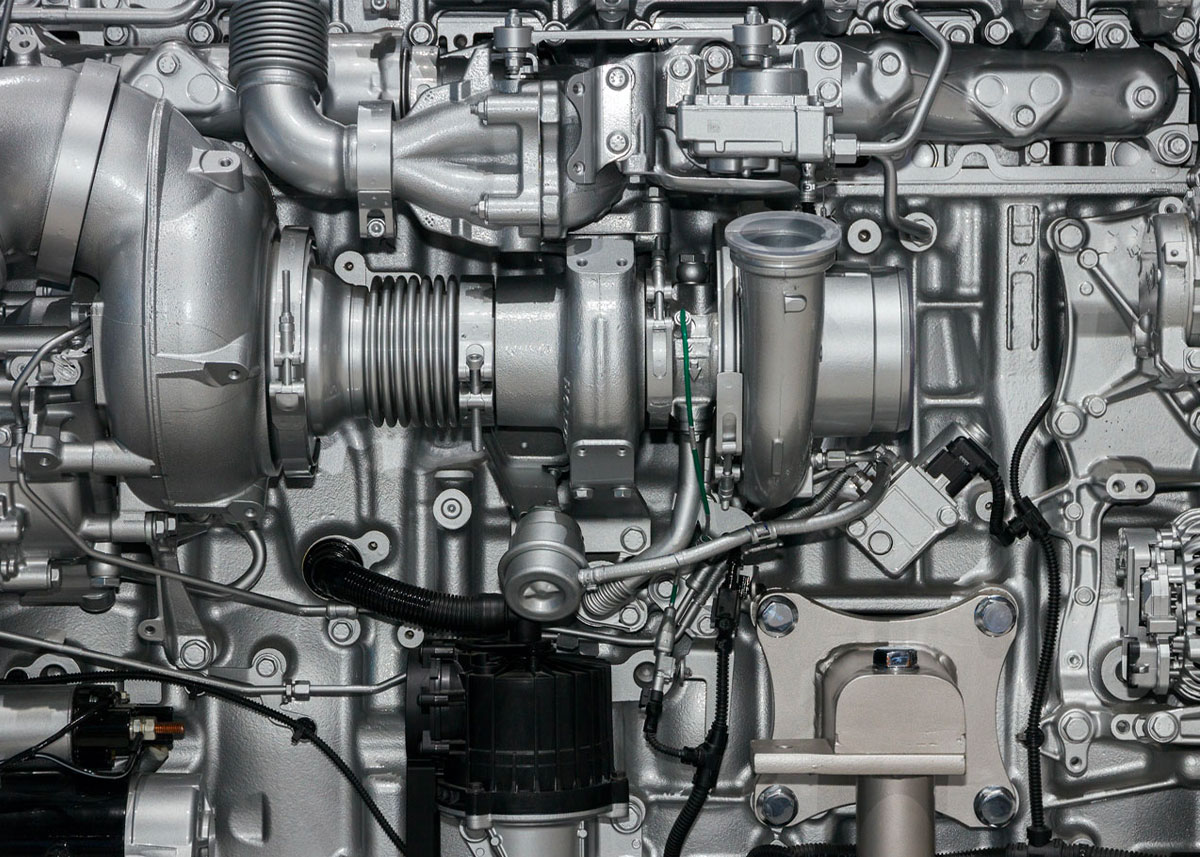A Complete Overview to Buying from Engines For Africa
A Complete Overview to Buying from Engines For Africa
Blog Article
Discover a Vast Array of Engines for every single Lorry and Function
The automotive landscape is progressively complicated, with a diverse range of engine kinds designed to satisfy particular performance and efficiency needs across numerous automobile classifications. Furthermore, heavy-duty engines offer the needs of work vehicles, while green options are acquiring traction in the quest of sustainable transport.
Kinds Of Automotive Engines
Automotive engines can be categorized into numerous unique kinds, each developed to meet certain efficiency and efficiency requirements. One of the most usual classifications include internal burning engines, electric engines, and hybrid systems.

Electric engines, on the other hand, operate electric power kept in batteries, offering instant torque and zero emissions. These engines are coming to be significantly popular due to advancements in battery innovation and the growing emphasis on sustainability.
Hybrid systems integrate both inner combustion and electrical engines, enabling lorries to optimize gas performance and reduce emissions by flawlessly switching between power sources. Each engine kind presents its negative aspects and benefits, affecting elements such as car layout, meant usage, and market need. When selecting the ideal engine for their certain needs., recognizing these distinctions is vital for customers and manufacturers alike.
Efficiency Engines for Sports Cars
Efficiency engines for sporting activities autos are particularly engineered to deliver enhanced agility, speed, and power, establishing them apart from standard automobile engines. These engines usually utilize advanced modern technologies such as turbocharging, turbo charging, and variable valve timing to take full advantage of efficiency and responsiveness.
Commonly, performance engines are designed with higher compression ratios, which permit greater power extraction from fuel. This leads to outstanding horse power and torque numbers, making it possible for quick velocity and higher leading rates. In addition, the lightweight materials used in these engines, such as aluminum and carbon fiber, add to decreased total vehicle weight, boosting handling and maneuverability.
Engine arrangements like V6, V8, and even hybrid systems prevail in performance cars, each offering one-of-a-kind advantages in terms of power distribution and driving dynamics. The adjusting of these engines is likewise critical; many makers optimize the engine management systems to offer an electrifying driving experience, usually consisting of sporting activity modes that adjust throttle action and equipment changes.
Reliable Engines for Daily Commuters
In the world of day-to-day commuting, efficient engines play an essential duty in optimizing fuel economic situation and minimizing emissions while supplying reputable performance. As city populaces grow and ecological problems increase, the need for automobiles geared up with efficient powertrains has risen.
Modern engines developed for daily commuters often include technologies such as turbocharging, straight fuel injection, and hybrid systems. Turbocharging enhances engine performance forcibly even more air into the burning chamber, enabling smaller sized, lighter engines that do not endanger power output. Straight gas shot boosts fuel atomization, resulting in much better burning and boosted performance.
Hybrid engines, integrating inner combustion with electrical power, additional increase fuel economic situation, especially in stop-and-go website traffic, where traditional engines can struggle with ineffectiveness. Electric motors help during acceleration and can run individually at low speeds, reducing overall gas consumption.
In addition, innovations in engine monitoring systems and lightweight products add considerably to reliable see post engine style. By concentrating on performance, durability, and ecological sustainability, makers remain to deliver engines that not only meet the demands of everyday travelling yet also align with global efforts to decrease carbon footprints.
Heavy-Duty Engines for Job Cars
Heavy-duty engines for work automobiles are regularly engineered to supply remarkable torque and integrity under requiring conditions. These engines are designed to perform in settings where typical engines might falter, such as construction sites, logging operations, and farming settings. The primary emphasis of sturdy engines is their capacity to create high degrees of power while keeping sturdiness over prolonged durations of operation.
Generally, heavy-duty engines use sophisticated materials and durable building methods to endure the roughness of hefty workloads. Functions such as reinforced cyndrical tube blocks, enhanced air conditioning systems, and progressed fuel injection innovations add to their effectiveness. These engines commonly operate at reduced RPMs, which helps to maximize gas effectiveness while offering the essential power for transporting and pulling.
In addition to mechanical robustness, sturdy engines are usually outfitted with sophisticated electronic control systems (ECUs) that handle efficiency, emissions, and diagnostics. This assimilation permits for much better monitoring and upkeep, making sure that work vehicles remain effective and operational.
Ultimately, durable engines are a crucial part in the productivity of numerous markets, providing the needed power and integrity to deal with the most difficult of jobs.
Eco-Friendly Engine Options
The growing focus on sustainability has caused the advancement of green engine options that focus on minimized discharges and improved gas performance. These engines are designed to minimize the ecological impact of vehicles while still supplying the performance and integrity anticipated by consumers.
Amongst the most significant environment-friendly alternatives are electrical and hybrid engines. Crossbreed engines integrate standard interior burning engines with electrical propulsion, permitting reduced fuel intake and lower greenhouse gas discharges. Electric engines, on the other hand, run entirely on battery power, creating no tailpipe discharges and contributing to cleaner air top quality.
One more appealing development is the innovation of biofuel engines, which utilize renewable energies, such as plant products, to power vehicles (Engines For Africa). By utilizing biofuels, these engines can decrease reliance on fossil fuels and lower overall carbon impacts

As the automobile market advances, environmentally friendly engine options will play an essential function in Read Full Article driving the shift towards even more lasting transport options.
Verdict
From high-performance engines that improve sporting activities automobile capabilities to effective designs focusing on fuel economic situation for day-to-day travelers, each type serves a details feature. Sturdy engines recommended you read cater to robust work lorries, while environmentally friendly alternatives, such as electric and biofuel engines, promote sustainable transport.

Report this page